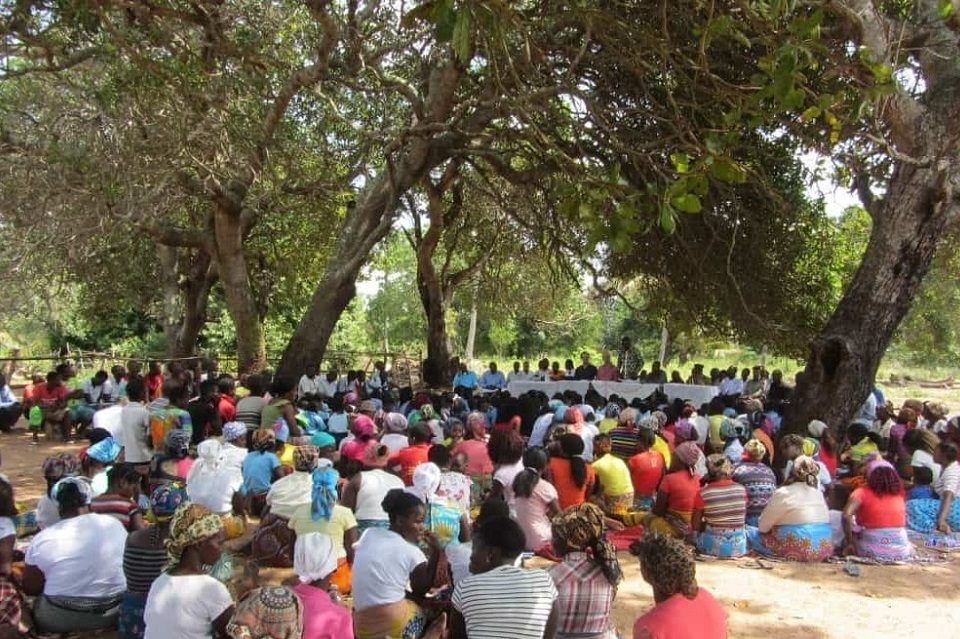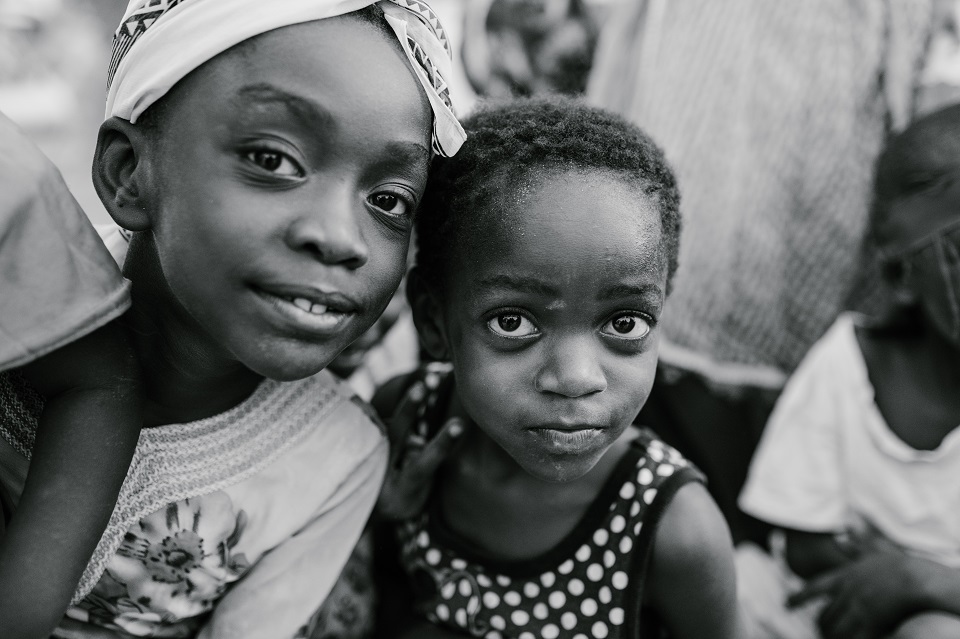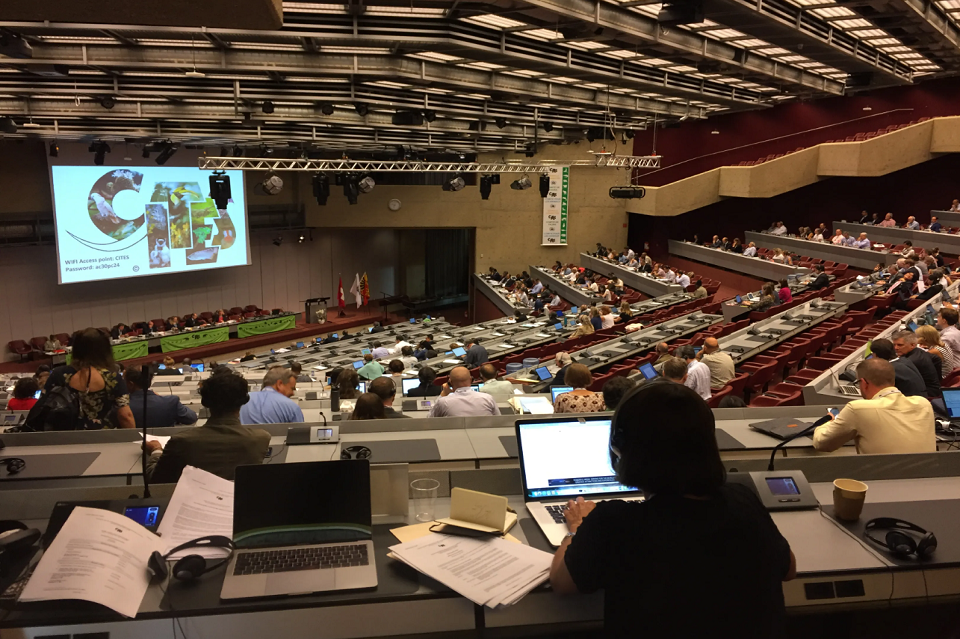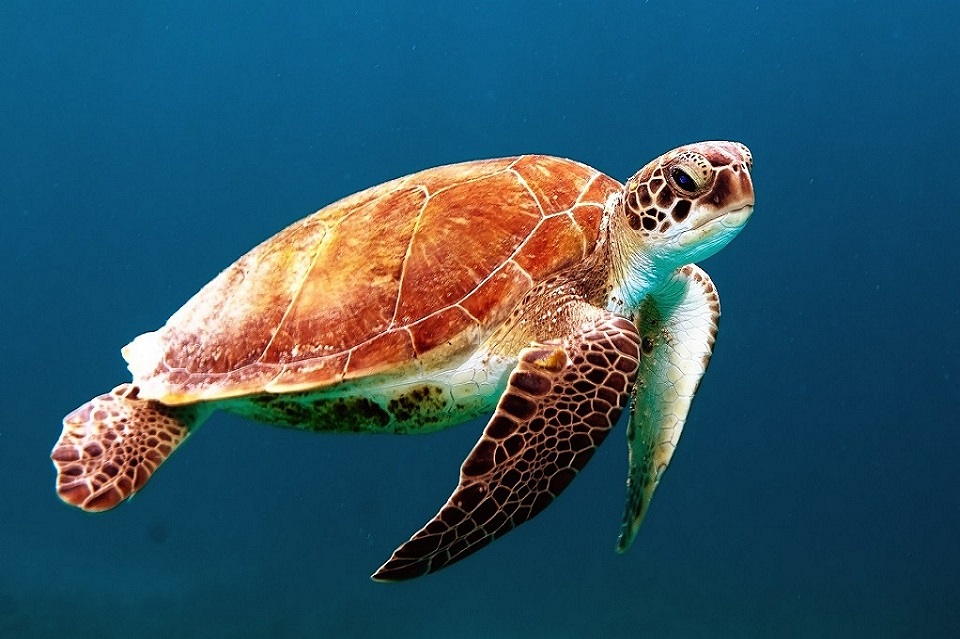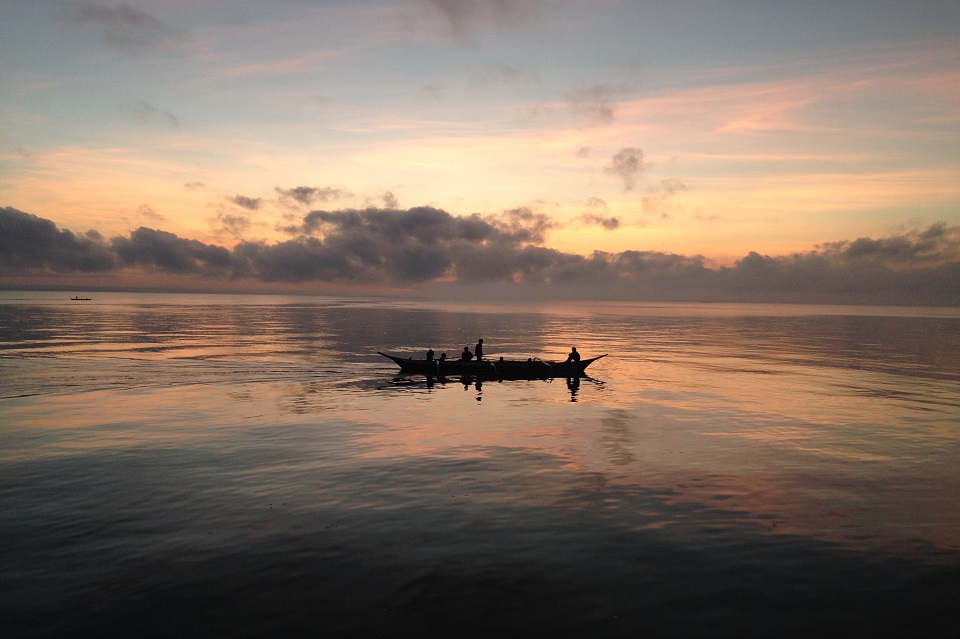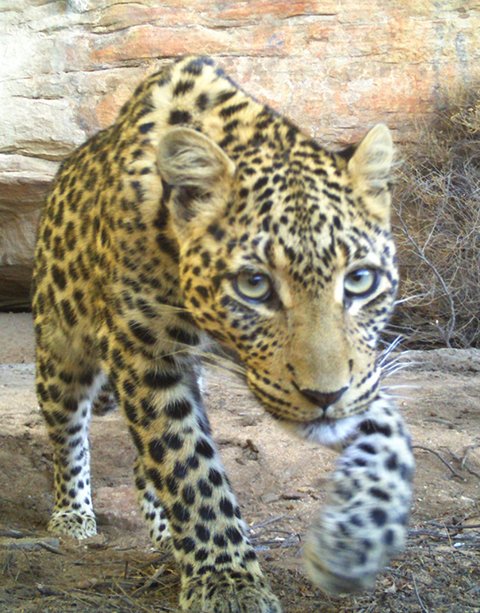JAMMA NEWS & INSIGHTS
Jamma's support
of the Morally Contested
Conservation

SUPPORTING THE MCC PROJECT
Jamma recently started supporting a new and interesting project known as the Morally Contested Conservation project, which is looking at morally contested issues affecting the sub-Saharan African people.
The project has since brought four students on board in collaboration with Cornell university, Oxford university, WWF Germany, and other sub-Saharan African partners. The students have been collecting various data on the moral attitudes, beliefs, and policy preferences regarding critical issues in conservation and development and identifying key points of divergence and convergence between rural and urban communities in several sub-Saharan African countries and internationally.
Some of the key questions the project will look at are as follows:
Who gets to make decisions over the sub-Saharan African wildlife and the people? What should successful conservation look like? Whose interests should take priority? How much harm should rural Africans bear in protecting wild animals and their habitats? Are local people part of the problem or part of the solution? Is it acceptable to remove people from their land to create space for wildlife? Which are more important, the rights of local people or the rights of individual animals?




